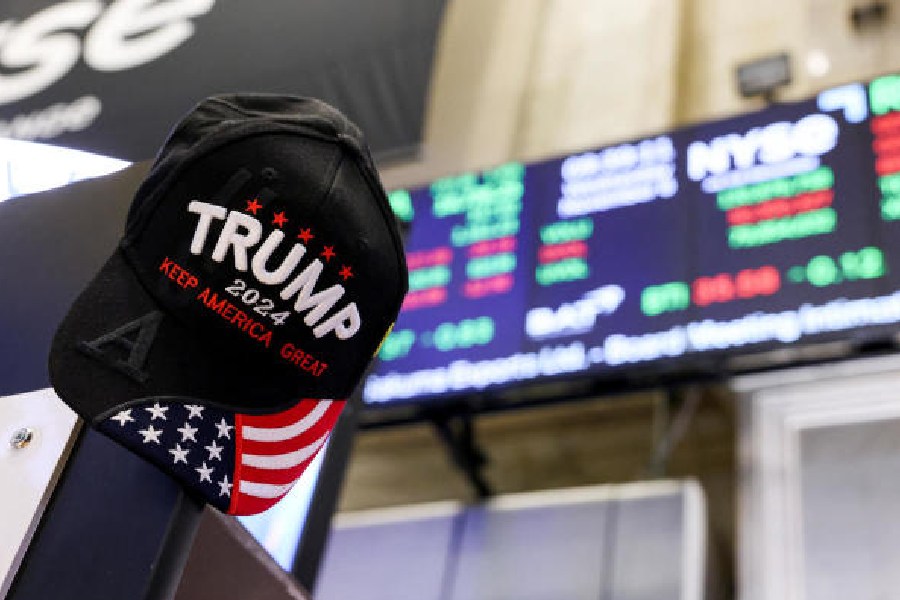India expects “policy continuity” with the US no matter what the result is in the US presidential election, the country’s chief economic adviser told Reuters.
India’s chief economic adviser V. Anantha Nageswaran was speaking to Reuters in Singapore just as Republican Donald Trump declared victory in Tuesday’s election.
“To a large extent, it will be policy continuity either way. So there’ll be variations by degrees,” Nageswaran said.
“We will deal with whoever America chooses to elect as president.”
Nageswaran said he expects economic relations with US also to remain steady.
In September, Trump called India a “very big abuser” of the trade relationship between the two countries, but softened the blow by saying Prime Minister Narendra Modi was “fantastic.”
Democratic president Joe Biden’s administration rolled out the red carpet for Modi in June last year, touting deals in defence and commerce.
Trump’s presidency will open new opportunities for India though certain sectors, especially pharma, may face the heat if the incoming president decides to impose restrictions on imports and H1B visa regulations, experts said on Wednesday.
Prime Minister Narendra Modi’s friendly relationship with Trump will have a positive bearing on Indo-US relations but India may have to adapt its strategies to maintain co-operation in areas of mutual interest.
Barclays, in a research report on Wednesday, said trade policy is where Trump is likely to be “most consequential” for emerging Asia, which includes India and China.
“We estimate Trump’s tariff proposals would subtract 2 per cent from China’s GDP — and greater pain on the more open economies in the rest of the region,” Barclays said.
The more domestically oriented economies, including India, Indonesia and the Philippines, would be less vulnerable to higher tariffs, it added.
Madras School of Economics director N.R. Bhanumurthy said: “I doubt, Trump will impose tariff on Indian products because my own feeling is that the concern for the US is not much of India, but more of China. So, maybe there would be little difference in the way they are going to deal with India when compared to the way they deal with China”.











